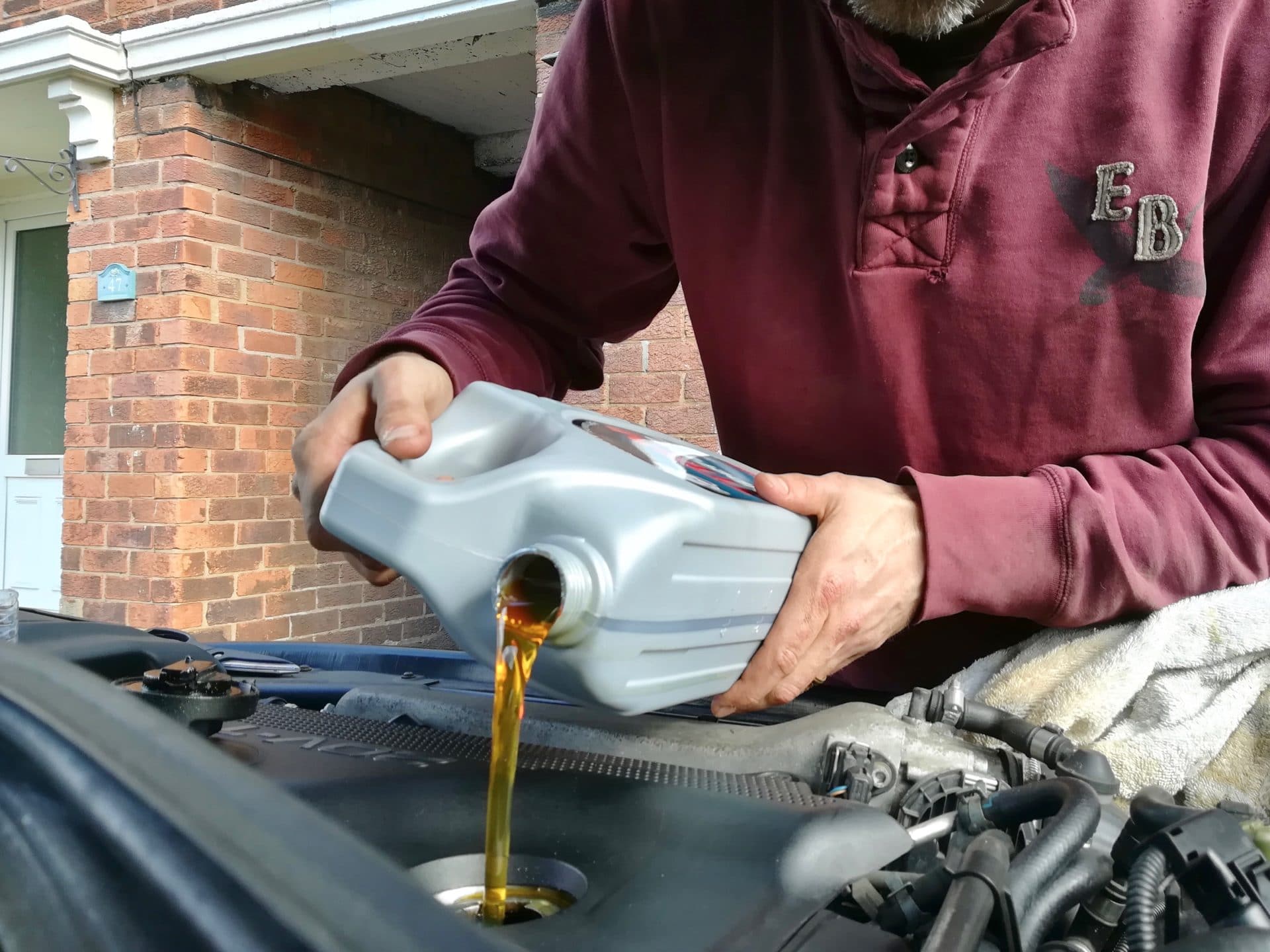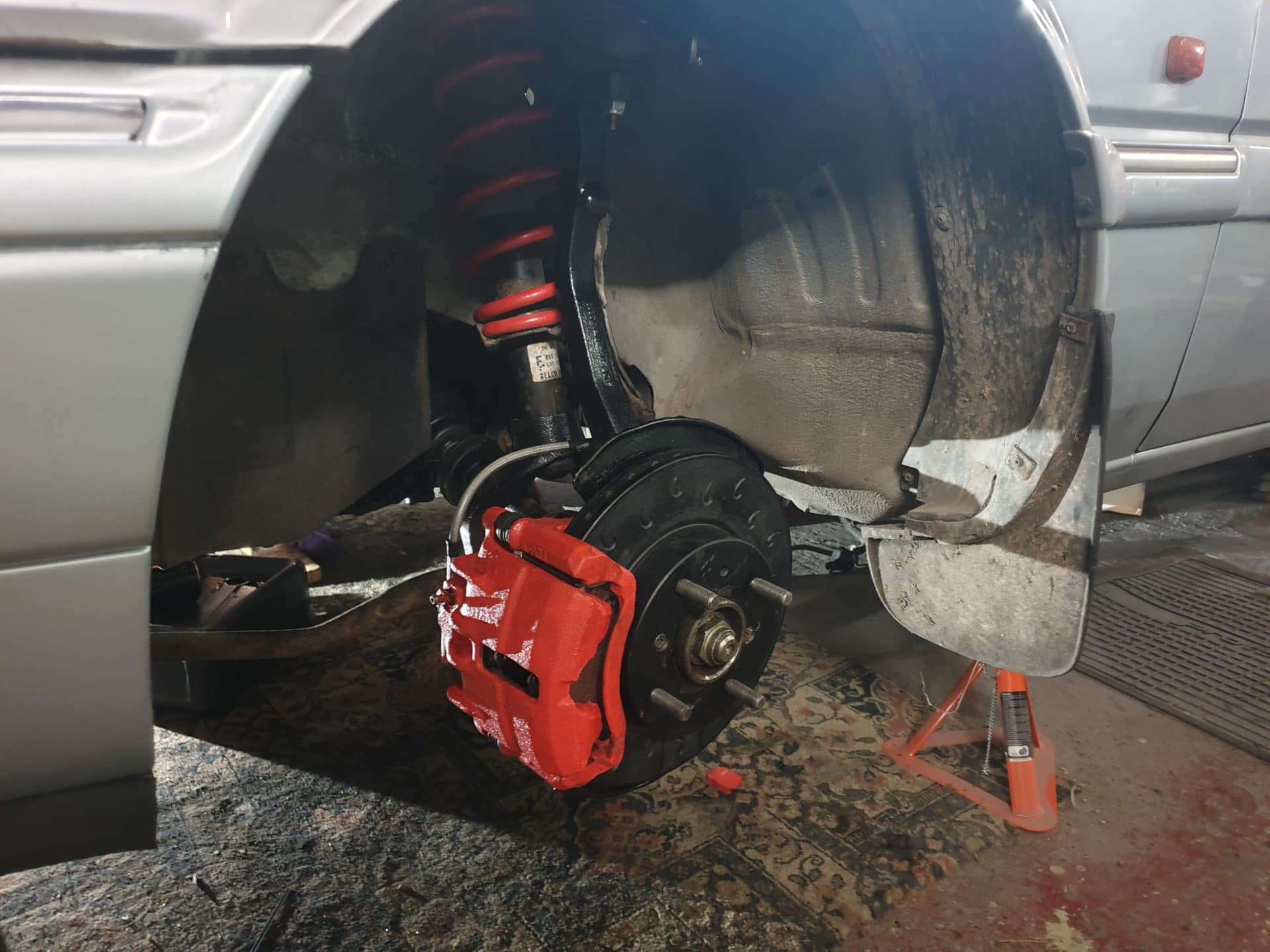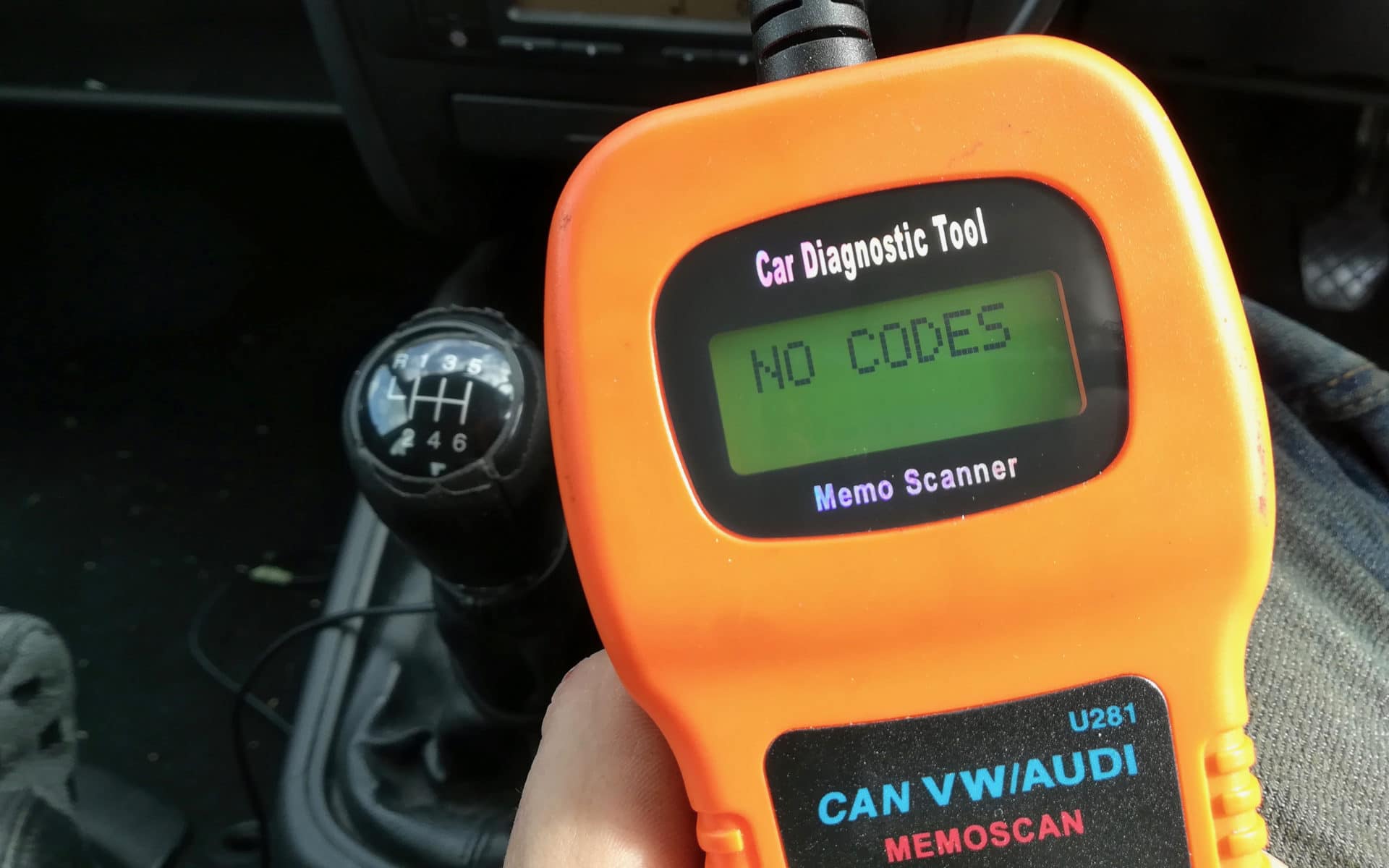Four Jobs You Should Do Yourself…

We are all about cheap motoring here. That doesn’t mean just buying cheap cars, it also means running, maintaining, and improving them on a reasonable budget. This is why, as I’ve said here before, you should learn to do some of the work on your own cars. After all, it wouldn’t make much sense to make a smart, sub-£2k purchase, only to go spending another grand at the local garage to get it sorted. If you’re going to live the Not2Grand life to the full, you’ve got to be prepared to get greasy once in a while.
Where should you start? The Pollitt dropped some good knowledge the other day about how to keep your car going forever, and that is a great starting point to think about what you can do on your own. Since we’re also all about lists here, let’s talk about four repair jobs you should not be afraid to tackle as a beginner.
Servicing
Every time I suggest that people change their own oil, I get comments on how it is cheaper and easier to take a car to one of those big, national chains that do them all day long. That’s probably true. But if you’re new to working on your car, changing the oil and filter is one of the easiest ways to begin to get a feel for doing things. It doesn’t take a lot of time or tools, and you will have the satisfaction of having achieved something with your own hands. You will also become familiar with things like the architecture of your engine, and how to safely raise and jack up your vehicle.
Servicing involves other simple jobs, like changing the air and pollen filters (although the latter can sometimes be a nightmare). Depending on your engine configuration, you may be less inclined to try changing your spark plugs, but if you’ve got an inline engine, that too is pretty straightforward (see what I did there?). At different points, a service may require changing various fluids in your car, such as the coolant or brake fluid. As you gain more confidence, you can begin to attempt these jobs too.
Brakes
Google ‘how to change your brakes’ and you will get loads of people on forums screaming at you about how dangerous it is to do a brake job. This is nonsense. Disc brakes in particular are one of the easiest jobs to do on a car. Once you’ve learned how to do them, you will be able to do one axle on many cars in 30-60 minutes. Find a tutorial on YouTube or get a Haynes manual, and get to work. Often, changing pads will require little more more than undoing a clip and two fasteners. And with bit of homework, this is a job that’s virtually impossible to get wrong. Drum brakes are more tricky, so don’t attempt these until you’ve chalked up some experience.
Suspension bits
You might feel a bit ill at ease thinking about changing your coil springs, and indeed, that is a pretty involved job. But there are bits of your suspension that are very easy to replace on your own. Control arms, ball joints, and sway bar links, for instance, are often simple to swap in and out. Most have just a few fasteners, and while they might require some persuasion with a mallet or ball joint separator, can be done with basic hand tools. Start with these bits, and you can work up to more complicated things, like track rods.
Remember that, depending on what you change, you may need to get an alignment done afterwards. If nothing else, it’s worth learning to do these, because worn suspension bits will kill your tyres and adversely affect your car’s handling.
Sensors
We are all about code readers here. It should be the first tool in your collection. And that is because, for as little as £20, you can tap into your car’s computer and keep on top of all its sensors. When a sensor goes bad, it sends a fault code to the computer, triggering the check engine light. Plug in your code reader, and in seconds you will be able to pinpoint what exactly has gone wrong. In many cases, these sensors are small, simple electrical units that are easy to replace yourself. They might have one or two fasteners and an electrical connector. On many cars in N2G territory, all you will need to do to set things right is to replace the part, clear the code, and drive off into the sunset.
A lot of people approach cars as big, scary, complicated pieces of equipment. And to be sure, if you’ve never touched a spanner, you don’t want to be taking off cylinder heads or messing with gearboxes. But once you dive in, you will soon realise that these complicated machines are actually made up of lots of simple parts. Get used to the feel of those ratchets and fasteners, and enjoy the immense satisfaction of a job well done, and a wallet less empty.










